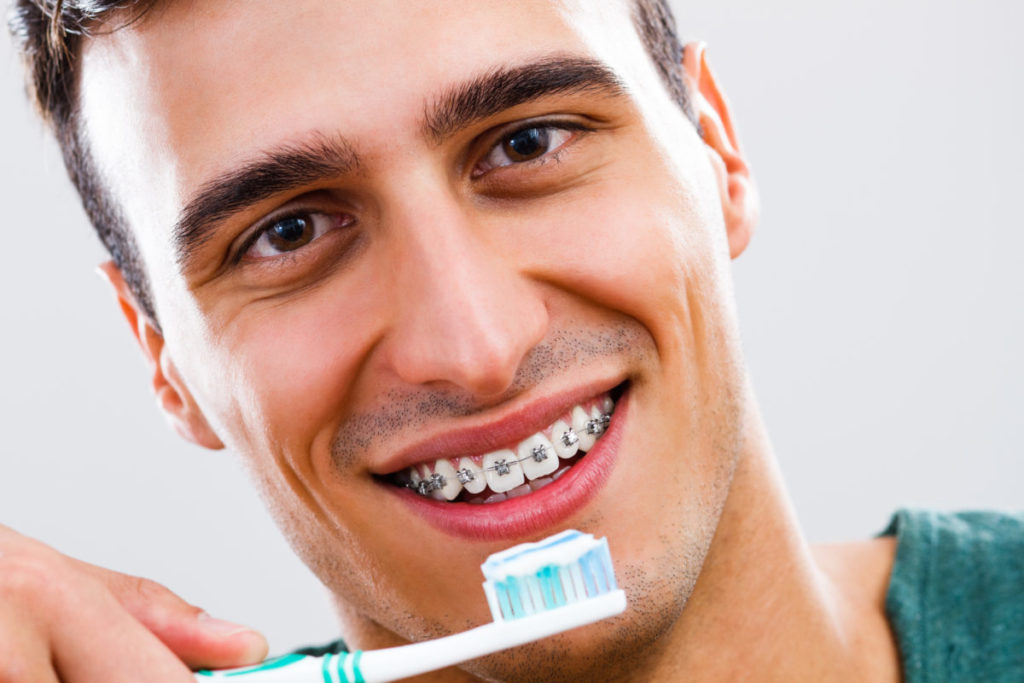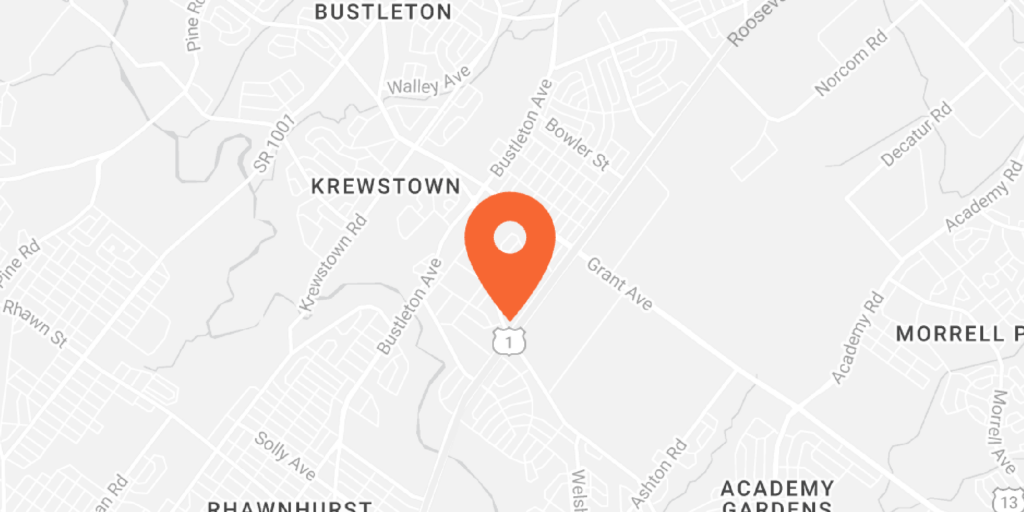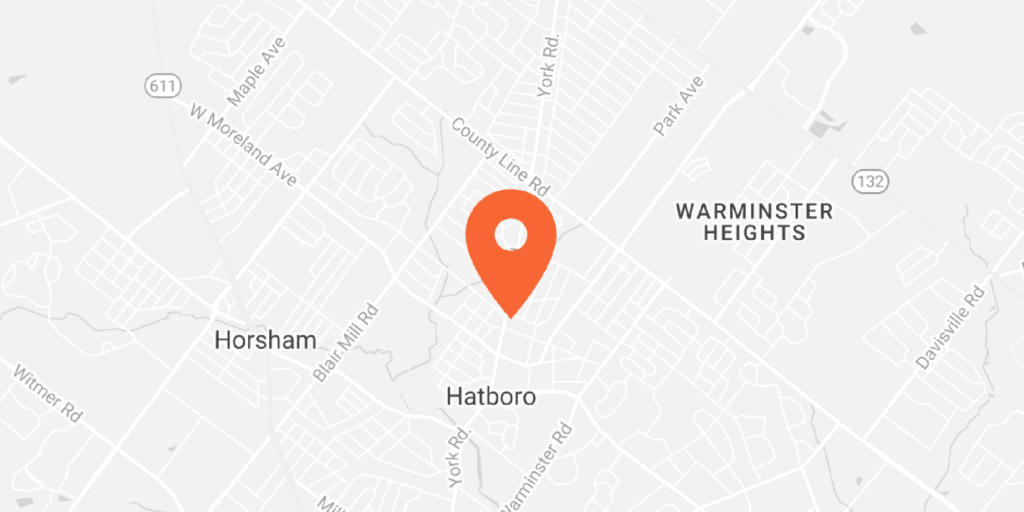Braces is a rite of passage for many of us, but that doesn’t make it any easier. To get through your treatment with the least hassle possible, there are certain things you need to know about managing braces daily.
Braces is a rite of passage for many of us, but that doesn’t make it any easier. To get through your treatment with the least hassle possible, there are certain things you need to know about managing braces daily.
Here are 6 tips for managing braces daily:
Practice Good Oral Hygiene
While you should always practice good oral hygiene it is especially important while you are wearing braces. It can be a little extra challenging to get out all the food and bacteria that gets stuck between your braces so don’t forget to continue to brush your teeth twice a day and also floss at least three times a week. If you can, brushing after every meal would make extra sure that no food particles are lying around waiting to cause trouble. The more you can do to prevent any decay or inflammation from building up while you are in braces the better.
For best results, always start by rinsing your mouth with water. It helps loosen up all then food particles. Then brush in circular motions starting from the outside of your teeth and working your way in. Don’t forget all the areas between the gum and the braces. Next clean the backs of your teeth and your gums while constantly maintaining a gentle circular motion. You need to make sure you are brushing each tooth at the gum line and above and below the brackets. Then brush the brackets themselves by brushing first in a downward angle and then again in an upward angle. An electric toothbrush can make it easier to get to all those hard to reach places.When flossing, make sure you are targeting not only the space between the teeth but also between the teeth and the gums. When you are all done, rinse your mouth with an antiseptic dental rinse for extra protection.
Other Tools Can Help Too
Ask your orthodontist about tools that can help you keep your teeth and braces clean. There are thin brushes call interdental brushes that can clean between teeth that have gaps in them.
Stay Away from Problematic Foods
Listen to your orthodontist when he or she tells you to stay away from certain foods. Foods that are sticky and high in sugar like candy, gum and dishes with a lot of cheese and pasta can stick to your braces and are more difficult to clean off your teeth which can lead to cavities and gum disease. Hard foods that require a lot of crunching like popcorn can also damage the braces causing a delay in your treatment. If you love corn on the cobb, it is probably best to eat the corn off the cobb while you are wearing braces. Also try to nip in the bud any bad oral habits like pushing your tongue against your teeth. An oral irrigator can also flush out plaque and food particles with a steady flow of water.
Soothing the Pain Related to Braces
A common complaint from patients wearing braces is that they experiences some soreness and discomfort from the tightness of the wires or the chafing of loose wires inside your mouth. Ask your orthodontist about special wax that can help protect the inside of your mouth. You can also try a pain reliever like Orajel.
Always Be Prepared
If you are on the go all the time, it can be difficult to always make time to brush and floss and take care of your mouth properly. If you are prepared for any situation however, you will never have to worry about not be able to practice good oral hygiene again. Just make yourself a little kit complete with a toothbrush, toothpaste, floss, and wax that you can carry with you all the time.
How to Handle Damage to Your Braces
It is inevitable that at some point the wear and tear of daily living is going to damage your braces. If one of your wires or brackets break, but there was no damage to the teeth themselves, then don’t panic. There is no need to rush in for an emergency appointment. Also avoid bending the wire or trying to pull it out. That will only cause more damage. Instead just cover any sharp edges with wax and make an appointment to see your orthodontist as soon as possible.
If there is serious damage to your teeth or mouth like in a fall or a sports injury then go to the ER right away. Getting injured with wearing braces you increase the damage done and delay your treatment progress. To reduce the risk of this happening, you should always where a mouthguard during athletic activities.
A mouthguard can help prevent a knocked out tooth. If it is a baby tooth, call your dentist and make an appointment for an evaluation. Typically dentists don’t recommend you trying to put the baby tooth back in. If it is an adult tooth however, the tooth needs to be rinsed in cold water to clean it off then if possible put back in the mouth. That might not always be possible. If it is not, then keep in stored in a cup of milk or a solution recommended by the dentist until you can get into the office.
It can also protect against a tooth fracture. If a tooth is broken, then try to find the piece that was broken off and bring it to the dentist as soon as possible. Small chips are not as big of an emergency and can be taken care of within a few days of the accident or injury.
Sometimes a tooth can also pushed into the gums during an accident or injury. Sometimes the force of a hit will cause a tooth to be pushed further into the gums. This is called a tooth intrusion. This is very important to get taken care of right away because a baby tooth pushed back into the gums can affect the adult tooth waiting to erupt. A mouthguard can help with this as well.
There are typically three different types of mouthguards. You can get one custom-fitted which is more expensive, but at least you know it fits perfectly. The other options are to get a boil and bite version that you can buy at a sporting goods or drug store. You will need to boil them in hot water and then bite down so it will shape itself to fit your mouth. The least expensive are the type that are pre-molded. While cheaper, these might not fit right and so does not offer the best protection.
To ensure that your treatment goes smoothly make sure you talk to your orthodontist about the best ways to keep your mouth safe and healthy during treatment. The better prepared you are, the better results you will experience.
Still have questions about the daily management of your braces, give Orthodontics Limited, PC, a call.



